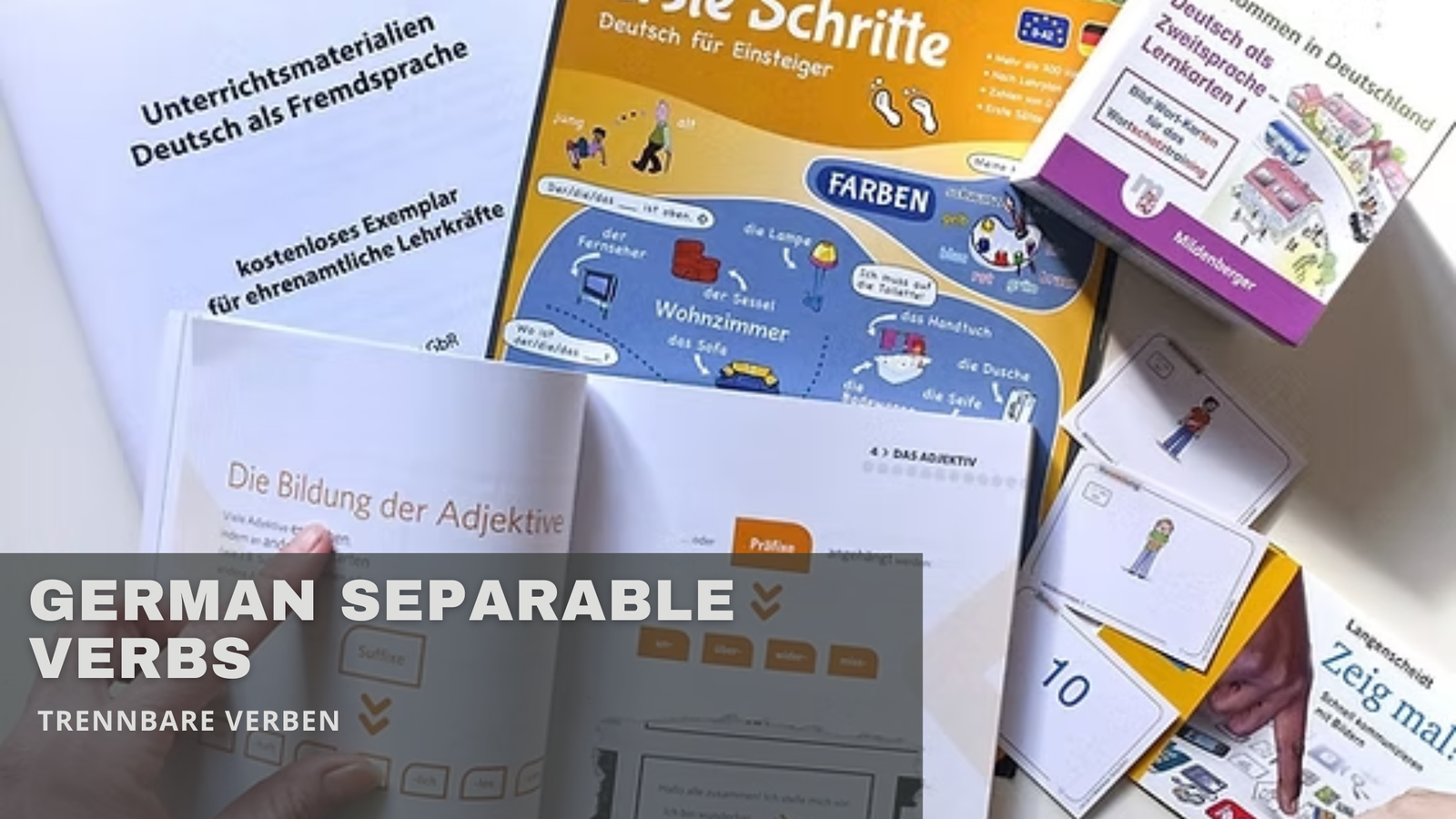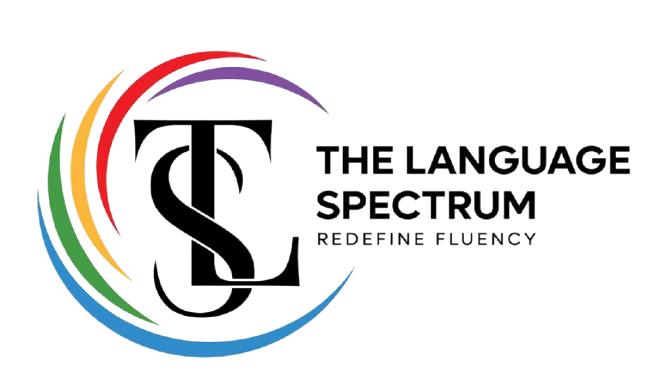If you plan to live, work, or study in Germany, mastering the German language is not just a skill—it is a must. Among the many recognized language exams, the Goethe Exam stands out for its credibility and international recognition. This guide will explain everything you need to know about the Goethe exam. It will cover the levels, format, and preparation strategies. This will make it the perfect resource for you.
What are the Goethe Exams?
The Goethe-Institut is Germany’s globally recognized cultural institution. It offers a series of standardized tests for all six levels of the Common European Framework of Reference for Languages (CEFR). These are levels A1 to C2. These exams test four core language skills: listening, reading, writing, and speaking.
- A1 (Start Deutsch 1): This tests basic phrases and daily expressions.
- A2 (Start Deutsch 2): This tests simple communication in familiar contexts.
- B1 (Zertifikat Deutsch): This shows you can use the language on your own in daily life.
- B2 (Goethe-Zertifikat B2): This shows you can understand complex texts and have natural conversations.
- C1 (Goethe-Zertifikat C1): This shows you are professionally fluent in academic and workplace settings.
- C2 (Goethe-Zertifikat C2): This shows you have almost native-level skills.
Why Goethe Exams Matter
Goethe certificates are globally recognized. German embassies, universities, and employers accept them. They are very important for many purposes.
- For Migration and Studies: German authorities often require A1 or A2 for family reunion visas. Universities usually expect B2 or C1 for admission.
- For Career Advancement: For professionals in nursing, healthcare, or engineering, a Goethe certificate can help you get a job faster and make you more hireable.
- For Visas: You can include your certificate in visa or residence permit paperwork. This proves your language skills.
Preparing for the Goethe Exam: Strategies for Success
Effective preparation is key to success on the Goethe exam. Here are some strategies that can help you:
- Enroll in a Reputable Language Institute: TLS has a structured and full curriculum. We align it with Goethe exam standards.
- Practice Daily Language Immersion: Practice German every day. You can do this by listening to news and podcasts, watching movies, and talking with German-speaking communities.
- Use Mock Tests and Model Papers: Get to know the test format and time limits. You can do this by solving past papers and practice exams.
- Practice Speaking: Join conversation clubs or find language partners. This will help you improve your speaking skills.
- Do Writing Exercises: Start a daily journal. You can also practice writing letters, essays, and reports. This depends on your exam level.
Common Challenges Faced by Indian Students
Indian students often face specific challenges when learning German, but they can overcome them with the right strategies:
- Grammar Complexity: German grammar can seem difficult. You can use apps like Duolingo or Anki to help you.
- Pronunciation: Focus on phonetics. You can also record yourself speaking to check your pronunciation.
- Vocabulary Retention: Use techniques that repeat words over time. Use apps that help you build vocabulary.
- Cultural Differences: Understanding German communication styles can help you in both the speaking and writing parts of the exam.
After the Exam: What Next?
A Goethe certificate is a valuable asset that can greatly boost your profile.
- Certification Validity: Goethe certificates do not expire. However, some places may ask for certificates that are no older than two years.
- Job Applications: Add your Goethe level to your resume and LinkedIn profile. Employers value certified language skills.
- Higher Education: Apply to German universities or Ausbildung programs with confidence.
Conclusion
Goethe exams open doors to academic, professional, and personal growth in Germany and beyond. With structured preparation, support from TLS, and consistent practice, you can pass the exam. This will unlock life-changing opportunities.








